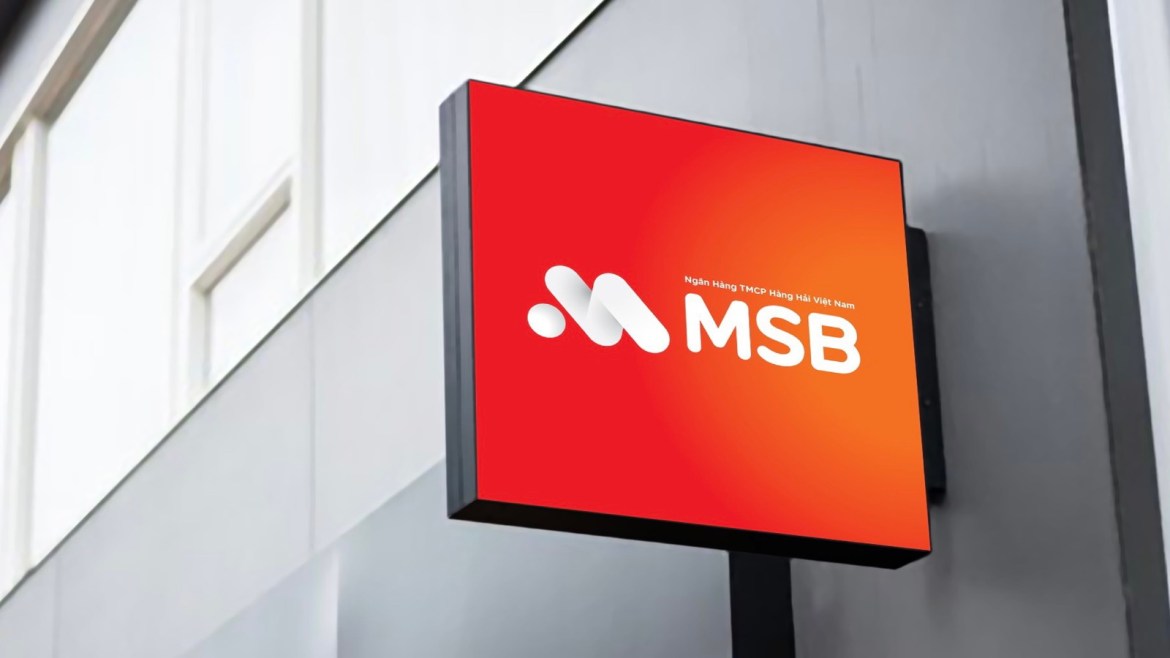Vietnam Prosperity Joint Stock Commercial Bank (VPBank) is reportedly close to finalizing a deal to sell a 15% stake to Sumitomo Mitsui Financial Group Inc. for $1.4 billion, Bloomberg reported.
People familiar with the transaction indicate that VPBank will sell over 1 billion shares to SMBC Consumer Finance, a unit of the Japanese “megabank,” at a price ranging from 32,000 to 33,000 dong ($1.35-$1.39) each. The deal is expected to be signed later this month.
When contacted for comment, a VPBank representative declined to provide any statement. Sumitomo Mitsui was not immediately available for comment outside of regular business hours.
Sumitomo Mitsui, Japan’s second-largest banking group, aims to capitalize on growth opportunities in emerging Asian markets through acquisitions, which have become increasingly attractive given the limited business prospects at home with low-interest rates and a rapidly ageing population. In November, the bank announced plans to acquire an additional 15% of the Philippines’ Rizal Commercial Banking Corp.
Why foreign investors interested in Vietnamese banks?

More and more foreign investors showed their interest in investing in Vietnamese banks thanks to strong financial performance of the banks in recent years, with stable profits and strong asset growth. This may make them attractive to foreign investors looking for solid returns on their investment.
“Vietnam has experienced strong economic growth over the past few years, which has led to an increase in demand for banking services. Foreign investors may see this as an opportunity to invest in a growing market”, Sophie Dao, Senior Partner at GBS – Global Business Services LLC – an awarded M&A advisory firm told Vietnam Insider.
The country has a stable political environment compared to many other countries in the region. This stability provides a favorable investment climate for foreign investors.
“Beside, Vietnam has been gradually opening up its banking sector to foreign investors, with plans to increase the foreign ownership cap in local banks. This potential for further liberalization may make investing in Vietnamese banks more attractive to foreign investors”, Sophie added.
The banking sector in Vietnam still has a relatively low penetration rate, with many people still unbanked. This presents a significant growth opportunity for banks that can reach out to these underserved populations.
Related
Source: Vietnam Insider
